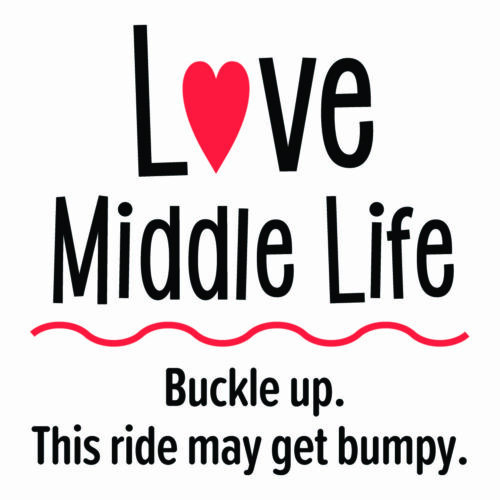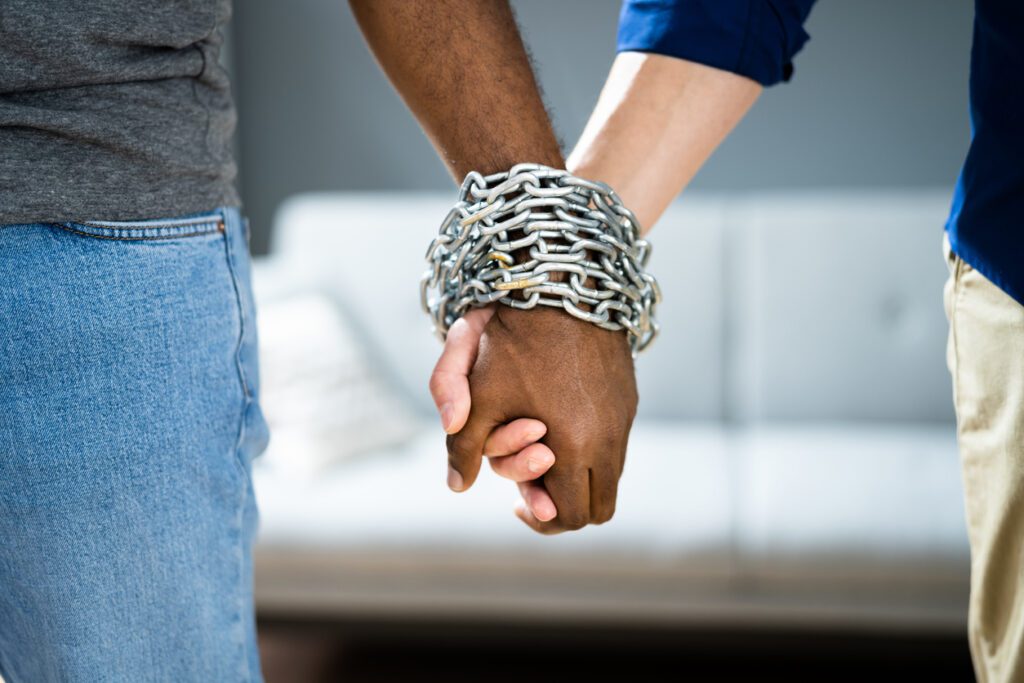I am working on my codependency. For most of my life I have had a tendency to put others’ needs before my own which results in imbalanced relationships, a lot of agony and resentment and some pretty unhealthy habits. I feel like I have come a long way, but that it will be lifelong work. My codependency has come from a disconnect with my relationship with myself and my own core identity, needs, desires and values. Healing is coming from learning what is in my control and what is not…focusing on the things that are. It is coming from practicing self-love, setting boundaries, quitting people-pleasing, and finding my inner strength, power and creativity.
Ok, let’s talk codependency.
Where Does Codependency Come From?
The term codependency was first introduced by Alcoholics Anonymous (AA) during the 1950s, where it was used to describe the relationship between alcoholics and their loved ones. Today, it’s used to identify a range of imbalanced relationship dynamics, which is why the definition of codependency can vary. It is also known as relationship addiction.
Codependency is not a clinically diagnosed condition, or personality disorder. It is a behavioral pattern that develops most commonly from trauma, or from patterns that start in childhood. It is therefore most commonly a deep-seated behavioral pattern, but it can be reversed.
Codependents sacrifice their own needs for the other person in a codependent relationship. Although it is natural to want the best for someone you love and care about and to support them, however, when it is taken to an extreme, it can actually become harmful.
Codependency can take on many different forms in a relationship. For example, if you’re codependent, you might fail to stand up for yourself, take on undue blame, take on too much responsibility, or cover up the other person’s problems to shield them from consequences. It can involve a romantic partner, but also a family member or friend.
Codependent individuals generally possess some or all of the following characteristics:
Difficulty Communicating Feelings, Thoughts and Needs
An exaggerated Sense of Responsibility for Others
Poor Boundaries
People-Pleasing
Dishonesty
Obsession
Dependency and Fear of Abandonment
Control
Painful Emotions
Lack of Trust in Ourselves and Others
Here are some questions that you can ask yourself to help spot codependent behavior:
- Do you feel compelled to help other people?
- Do you try to control events and how other people should behave?
- Are you afraid to let other people be who they are and allow events to happen naturally?
- Do you feel ashamed of who you are?
- Do you try to control events and people through helplessness, guilt, coercion, threats, advice-giving, manipulation, or domination?
- Do you have a hard time asking others for help?
- Do you feel compelled or forced to help people solve their problems (i.e., offering advice)?
- Do you often hide what you are really feeling?
- Do you avoid openly talking about problems?
- Do you push painful thoughts and feelings out of your awareness?
- Do you blame yourself and put yourself down?
It can be hard to release the illusion of control over things we can’t control, like other people’s actions, emotions, healing journeys, addictions, and more.
It often means surrendering things that are incredibly hard to let go of…like our hopes for how a person would change…our dream of a future with another person…a chapter in a relationship with someone…or a person themselves.
Fear of letting these things go keeps us stuck in an endless cycle of asking for the same things over and over, even when nothing changes. We begin to resent others and ourselves.
We heal this cycle by realizing that the process of setting boundaries and releasing our illusion of control is always a two-pronged process of freedom and grief.
On one side, we experience the immense relief of no longer trying to control something we can’t. We feel empowered knowing that our needs and boundaries are in our own hands.
On the other side, we experience the immense grief of recognizing that what we desperately want from another person isn’t, and hasn’t been, happening…and, occasionally, the grief of letting a chapter of relationship, or an entire relationship, go.
Ways to Overcome Codependency
Healing from codependency means rebalancing ourselves. Instead of focusing so much on what others need, we must consider our own needs and make them a priority. This doesn’t mean that you should never consider other people’s needs or take care of them; it just means that your needs are as important as other people’s and that if you don’t take care of yourself, you’ll end up depleted, resentful, and unfulfilled.
Here are some things you can do to help stop your codependency:
Get to know yourself (like, really know yourself outside of your relationship with others)
Treat yourself with kindness
Practice self-compassion
Learn to say no
Ask for what you need
Look for relationship “Green Flags”… like making time for each other, maintaining independence, being honest and open, showing affection, and having equality
Join a support group, like coda.org
Try to avoid people and situations that trigger codependency
Maintain a healthy diet
Practice mindfulness
With time and patience, you can overcome your dependence on others and become a healthier and happier person in the process.
Here are some resources you might want to check out:
www.coda.org (Codependents Anonymous)
‘Codependents No More: How to Stop Controlling Others and Care for Yourself‘ by Melody Beattie
‘Facing and Overcoming Codependency: Practical Guidance to Fix Your Codependency, Stop Being a People Pleaser, and Start Loving Yourself‘, by Andrei Nedelcu
The Better Boundaries Workbook: A CBT-Based Program to Help You Set Limits, Express Your Needs, and Create Healthy Relationships, by Sharon Martin MSW

